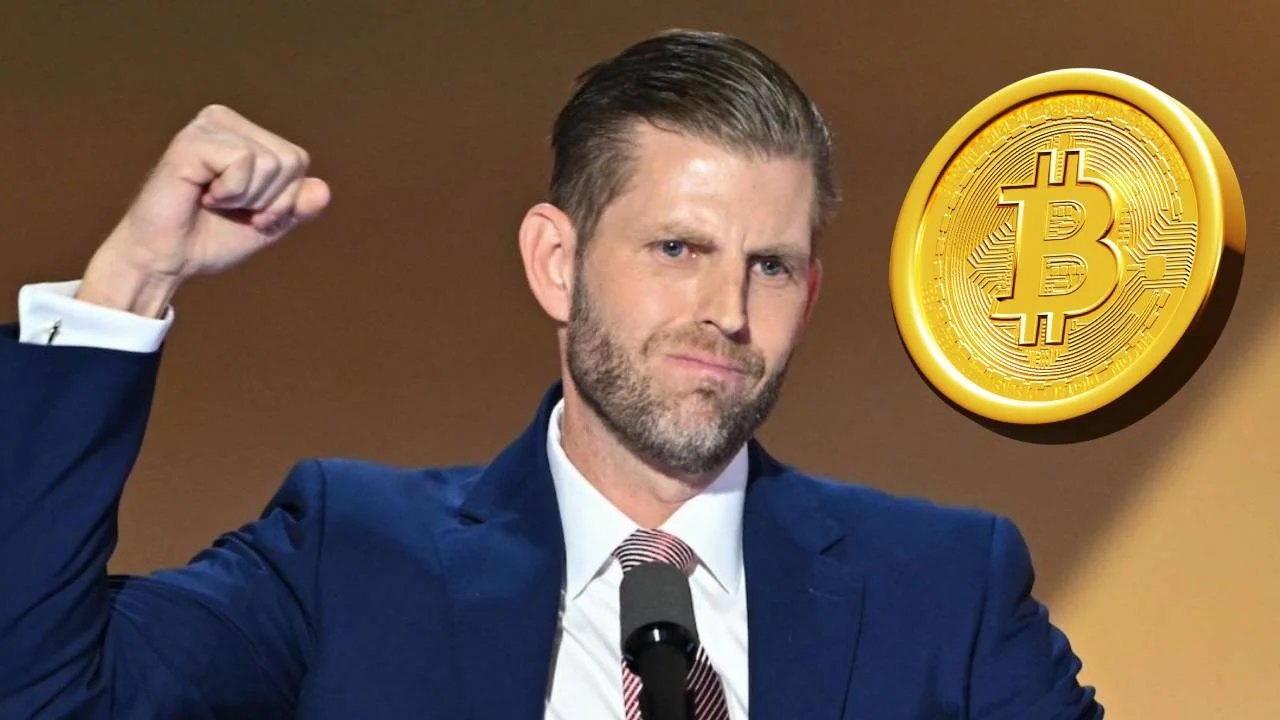Recent discussions around cryptocurrency have intensified, especially with influential figures weighing in on the subject. Eric Trump, in a recent interview, shared that his family is increasingly viewing digital currencies positively. This shift is tied to the circumstances surrounding banking services during Joe Biden’s administration, which many believe has made financial access more challenging for Americans. As a result, individuals are exploring alternatives, including decentralized financial solutions.
Trust and Freedom in Finance
A core theme emerging from these discussions is the importance of trust. Traditional banks are heavily regulated, often making users reliant on intermediaries for transactions. In contrast, blockchain technology allows individuals to execute transactions more independently. For a significant number of persons, this means greater autonomy and a sense of freedom to control their finances.
Eric Trump’s remarks emphasize that when banks are seen as political instruments, it raises awareness about the vulnerabilities associated with accessing financial resources. His family’s engagement with cryptocurrency underscores the idea that alternative systems are becoming increasingly relevant and are deserving of serious consideration.
The Political Landscape and Cryptocurrency
As the United States approaches an election cycle, the cryptocurrency debate gains prominence. Polls show a divide among politicians: while some advocate for strict regulations and oversight, others view these digital assets as innovative opportunities for economic growth. The Trump’s family’s position aligns with the latter group, indicating their distancing from current government policies. This aligns with a broader strategy of using cryptocurrency as a political statement rather than mere investment opportunities.
This dynamic influences how the cryptocurrency market adapts to regulatory changes as election outcomes could significantly sway public sentiment and policy direction.
The Impact of High-Profile Opinions
Influential voices in the cryptocurrency space can significantly shape public perception. When figures from notable backgrounds advocate for digital assets, they reach a wide audience, fostering a shift toward mainstream acceptance. Proponents argue that this growing visibility represents a pivotal moment for cryptocurrencies, while critics caution that political support can be fickle and influenced by power dynamics.
Regardless, the infusion of well-known personalities enhances the discourse surrounding topics like digital ownership and financial innovation, propelling them into broader public discussions.
Emerging Trends in the Crypto Market
Even as political dialogues evolve, the cryptocurrency market continues to progress rapidly. Bitcoin and Ethereum maintain their prominence, while newer altcoin projects are drawing attention by focusing on specific trends, such as speed and affordability. These initiatives cultivate communities around their platforms, demonstrating diverse applications of blockchain technology.
One emerging project, Bitcoin Hyper, is currently in the presale stage and aims to prioritize fast processing and user-friendliness. By combining a strong brand identity with community engagement, it stands out in a competitive environment. Though still in its nascent stages, Bitcoin Hyper exemplifies the innovation and adaptability of the cryptocurrency sector.
Conclusion: A Catalyst for Change
The conversation surrounding cryptocurrency, driven by political considerations and public sentiment, reflects a broader trend of seeking autonomy in financial matters. As debates unfold and new projects enter the scene, the landscape indicates a persistent evolution, wherein cryptocurrencies may not only challenge traditional banking systems but offer alternative financial solutions that resonate with a changing populace.


